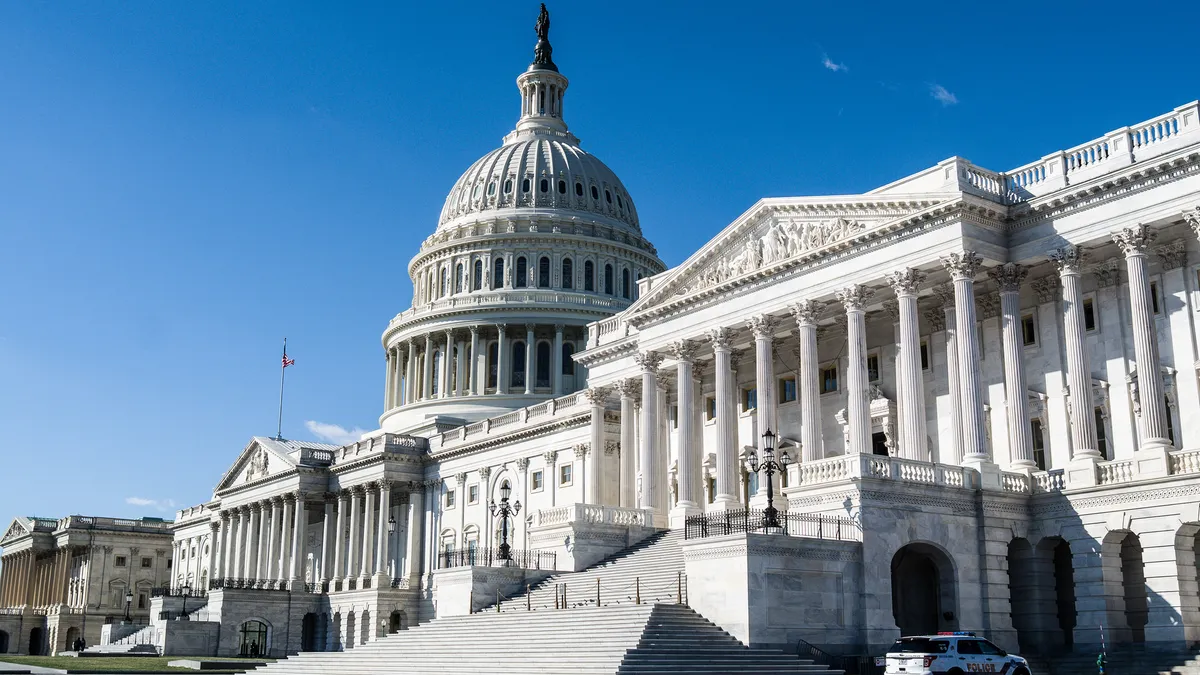Dive Brief:
- Technology was not a core issue for many voters in the midterms, but changes in leadership have introduced some new legislators to Congress that are likely to take a stronger stance on tech.
- In the U.S. Senate, staunch net neutrality opponent Marsha Blackburn won a Senate seat Tuesday night. The Tennessee Republican has criticized the alleged liberal bias in the tech industry, along with returning Texas Senator Ted Cruz, reports WIRED. Republican Josh Hawley, who has opened investigations on data privacy and antitrust into several big tech companies, flipped a Missouri seat in the Senate.
- With Senator Bill Nelson, D-FL, calling for a recount, ranking leadership in the Senate Commerce Committee is in limbo. If Nelson loses, ranking leaders will likely become Sen. Amy Klobuchar, D-MN, or Sen. Richard Blumenthal, D-CT, who have been more critical of big tech and favorable toward data privacy bills.
Dive Insight:
Congress has been grappling with the powers of big tech and the impact of cybersecurity incidents over the last year. While members are keen to take action on hot issues, a divided Congress is likely to stymie concrete action.
In advanced technology fields, many experts and organizations have called on Congress to show more concerted action. China's aggressive 2020 plan has placed considerable investment in advanced technologies. Experts worried about the U.S. losing its edge have pushed Congress to ramp up investment, enact open data policies and coordinate private, public and academic sectors.
In the battle of state versus federal powers, California has been leading the national charge with consumer privacy, internet of things security and net neutrality laws. State initiatives can draw the ire of federal legislators and regulators, who argue that the onus falls on the federal level and a patchwork of state regulations will hurt commerce.
But federal policy has been lagging, and political divides between the houses does not bode well for actionable bills in the next two years.
The list of elected officials in Congress who have experience in technology or are deeply invested in the issue is extremely limited, even as more conflicts arise at the intersection of tech, business and politics.











